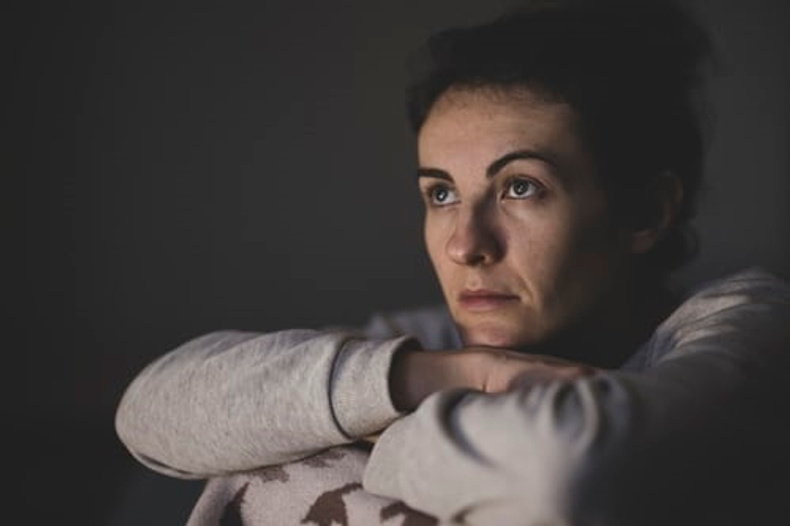Insomnia and its effects on our health

What better way to observe Festival of Sleep Day than to take a deeper dive into the popular topic of insomnia.
Let's look at:
- What is insomnia?
- What does insomnia look like?
- How does insomnia affect our overall health?
- Can insomnia come and go?
What is insomnia?
Insomnia is a sleep disorder where you struggle to get to sleep, stay asleep, or even both. It affects more than one third of the population at some time in their life.
Insomnia is more common among women due to the hormone fluctuations they experience on a daily, weekly, and monthly basis. Causes of insomnia can range from the environment you are trying to sleep in, jet lag, and shift patterns to stress, anxiety, depression. Other mental health conditions, as well as physical and neurological disorders, can also cause the sleep disorder.
What does insomnia look like?
Do you lie in bed at night with the events of the day and the following day whizzing around your head while you are desperately trying to slip off to sleep?
When you finally do drop off to sleep, do you find yourself tossing and turning, waking up three hours before your alarm is due to go off and, no matter how hard you try, you just cannot rest and return to sleep? Sleepily, you get up to start your day.
As you work through your day the feeling of being unrefreshed grows and takes over your day; it eats away at your motivation, your dreams, and your physical energy. Resultantly, you do less to avoid feeling ‘too tired' and your muscles get used less and less use, reducing strength. When you do try to make use of those muscles again it feels like you are wading through waist height sludge and totally exhausts you.
Exhaustion takes over and impacts your relationships and social life. You are too tired to ‘people' and anyone in the house should watch out and run for cover as your patience wears thin with everyone and everything.
How does insomnia affect our overall health?
Without sleep our bodies are unable to recover from the activities of each day. This affects internal organs such as the heart and brain which struggles to process and file the information and memories of the day.
The inability to repair through sleeping can lead to further and more serious health problems such as heart disease, kidney disease, diabetes, high blood pressure, depression, anxiety, weight gain, and even the possibility of a stroke.
Can insomnia come and go?
Insomnia can be hitting hard when you need to be at your best both physically and mentally. This is where maintaining a healthy, regular sleep routine and practicing good sleep hygiene can really come into its own. Being able to ‘get a grip' on insomnia and have a full restful night's sleep, waking up feeling refreshed for the day ahead, is an unrivalled feeling.
As a chronic pain warrior with chronic fatigue and fibromyalgia I find that insomnia creeps up on me frequently when I am not following my daily routines. My sleep routine begins from the moment I wake up. Starting my day with eight-20 minutes on my BEMER with a drink of water and my daily devotional book.
It is only after I have been on the BEMER that I will contemplate any activity because BEMER works on my body and its internal working on a micro level is the foundation of not only my sleep routine, but also my pain management plan. BEMER helps keep my pain at manageable levels too by ensuring oxygen and nutrients are being delivered where they are needed.
I have a whole array of tools and products which I use alongside BEMER Therapy to manage insomnia when it hits and over time with perseverance the symptoms of insomnia will go away….until the next time!
If you are currently suffering the effects of insomnia and would like to ‘get a grip' on them then why not book yourself a BEMER appointment and feel the benefits for yourself? Appointments are available every Thursday and Friday between 10am and 6pm near the NEC Birmingham.
